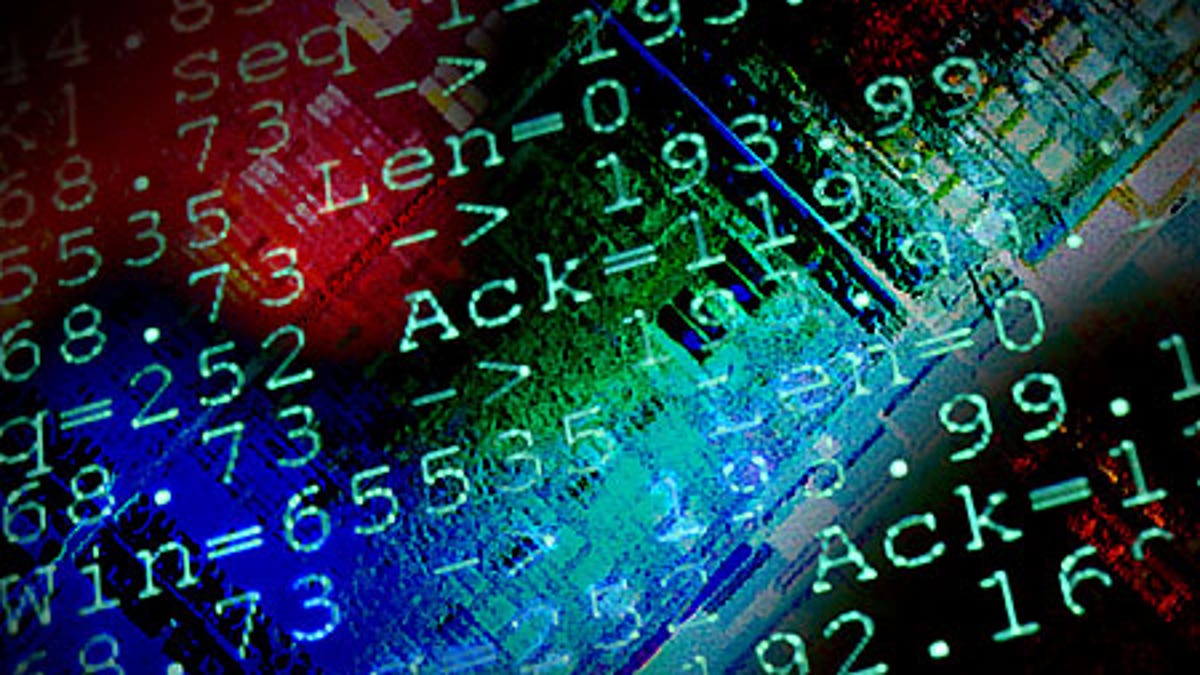
(AP)
If the meaning of life (per George Carlin) is "finding a place for your stuff,” then technology is looking to make life meaningless.
Our dearest collections of yesterday -- everything from books to CDs -- will soon disappear into the digital abyss, and pretty soon we won't have any stuff at all.
It wasn't long ago that we kept collections -- okay, shoeboxes full -- of photographs. But when was the last time you even bothered to print a photo, never mind develop a roll? Most of us long ago relinquished those little keepsakes. The images now only exist in digital form on our iPhones or posted to Facebook for comments.
Perhaps losing pictures wasn't so difficult; tougher for some is the death of the music collection. Once displayed in dens and living rooms as a reflection of cultural maturity (or lack thereof), a voluminous LP, er, CD collection was meant to impress visitors. Setting up the stereo to play, say, Pet Sounds or Beethoven's Eroica Symphony, was a ritual in and of itself. Now all of that is reduced to a bunch of digital files on a device in your pocket. And many people don't even own music files anymore. Why bother when you can call up millions of songs from an online service whenever you want?
It's that tendency to seek instant gratification that also threatens to end DVD and Blu-ray collections.
Once thought too big to store or download efficiently, movies are nonetheless making the move to the cloud. There's video on demand from cable and satellite providers, and the killer subscription service Netflix streams movies to TVs and tablets. Even Amazon and Walmart are in the video download business, so how long will it be until the last DVD is pressed?
Every day we're needled by the news that the news isn't what it used to be. Magazines are dying -- circulation is down 10 percent from a year ago, according to the Audit Bureau of Circulations -- and newspapers aren't faring much better, although the precipitous drop in sales is slowing to single digit declines. But no matter how much hand wringing is done in editorial offices, the writing is on the Web: Newspapers and magazines, those paper devices you can flip through, are disappearing.
Once considered a necessity for every educated citizen, vast personal libraries filled with important tomes may soon be extinct. People aren't buying or collecting books anymore, they're downloading ebooks. Amazon is already selling more ebooks than paper books, and once leading book retailers, like Borders, are in bankruptcy.
Even those halls of somber, studious silence -- libraries -- are giving up their stuff and going digital by lending books in electronic form. You don't have to visit them during library hours to borrow stuff either. Just type it up online.
Of course, there's a lot of other stuff that's disappearing thanks to technology and the Internet. Postal workers in Canada were recently protesting because, well, the truth is practically nobody sends letters anymore. (Many don't even bother to e-mail now. All U hv todo is txt.)
Even the stuff in your pockets -- the last stuff Carlin would have given up -- will disappear in the future.
Money and credit cards are going digital later this year when the major smartphone makers and carriers begin pushing mobile money on handsets that support "near field communication." Along with the change in your pocket, your keys are likely to be next. You can already lock and unlock car doors using a phone, soon the same will be true of your home as traditional lock companies like Schlage move increasingly to digital locks.
On the other hand, while CDs, books, magazines, DVDs, money and keys -- even plane tickets -- are evaporating into an electronic cloud, maybe we will still have some stuff.
While trying to board a recent flight, I was yanked out of the airport security line after the X-ray operator got a load of all my stuff: I had two digital cameras, a handful of smartphones, an e-reader, a couple of compact camcorders, a tablet computer, a laptop, several headsets, and a rat's nest of power adapters, USB cables, and chargers.
So maybe we're not losing all our stuff after all, we're just trading it in for new stuff.
Follow John R. Quain on Twitter @jqontech or find more tech coverage at J-Q.com.








































